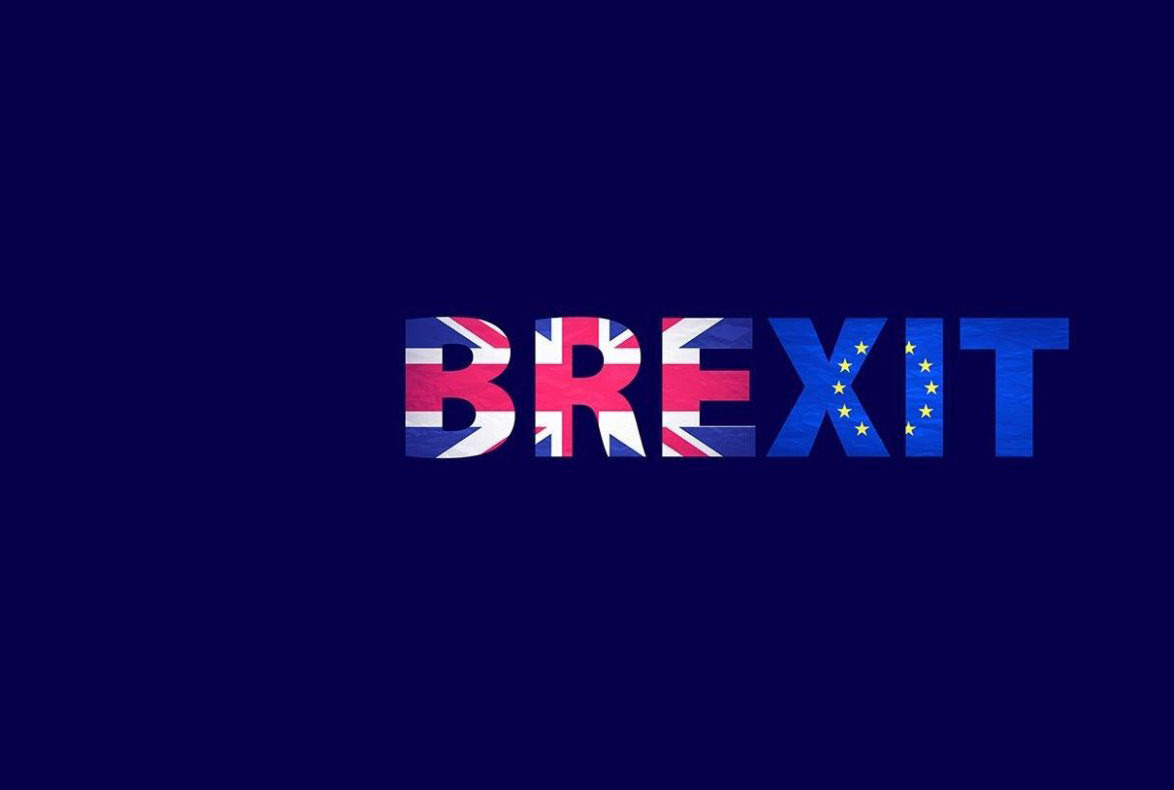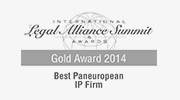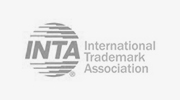Gary Lineker used to say that football was a simple game -22 men chasing a ball for 90 minutes and, at the end, the Germans always win.
Nowadays, it seems obvious that the international political scenario follows a similar pattern: the EU is a simple game -27 countries chasing a common goal for 25 years and, at the end, the Brits always win.
In what affects us, as Intellectual Property professionals, there is no doubt that Brexit implications will have very relevant effects on our practice and our clients´ rights and interests. Therefore, standing aside of the debate and showing our beautiful profiles to our colleagues seems to be a rather wimpy attitude. The humble author of this article will not be one of those.
Throughout centuries, the Catholic Church has made huge and respectable efforts to make us all understand the miraculous nature of the Holy Trinity: the Father, the Son and the Holy Spirit are three in one, and one in three, all of them distinct and yet “one substance, essence and nature”. It is amusing to see Theresa May and the British Conservative Party making the biggest conceivable efforts to make us comprehend the miraculous nature of the IP Trinity: Brexit, the Unitary Patent and the Unified Patent Court, as if all three could peacefully coexist without any inconsistencies.
A brief glance at the “Agreement on a Unified Patent Court” allows the most profane readers to infer that there´s a huge elephant drinking tea in the room and nobody dares to talk about it. The fact is that every page; every article and almost every single paragraph make reference to the Contracting Member States.
Even our very optimistic colleagues with the most admirable positive interpretations must acknowledge that when an Agreement speaks of its Members, it must necessarily refer to them in an updated understanding, meaning that, should any of the signatories of an Agreement lose its status of Member State any time after signing, it would no longer fulfil the conditions required to belong to said regulatory framework, and consequently would have to leave. However, this very basic principle that we´ve all been taught in our first days in Law School, does not seem to apply to our beloved Northern neighbour (or Southern, should we cast our eyes to Gibraltar, which us Spaniards do every once in a while).
It is not a whim that some voices in the IP world have raised serious concerns about this situation, because it is not an irrelevant matter whether we simply accept that an EU Member State signs an Agreement and later leaves the EU and stays within same. Accepting such a thing would establish a catastrophic precedent and those of us who believe in the European Union cannot quietly validate such a possibility.
Even if Spain has not made itself famous in the last decades for playing an especially successful international role, we must give our Government credit for the way things have been done so far with respect to the Unitary Patent and the Unified Patent Court. A notable exception which merit we may, for once, have to recognize.
From day one, Spain has struggled with or without allies against the idea that the Agreement could be pursued using the Enhanced Cooperation tools, which is quite a reasonable statement that we may analyse in future articles. After this, Spain has fought again hard and long to defend Spanish speakers´ rights. It is undeniable that ending with the translations required for European patent validations in Spain would have very negative effects in dozens of Latin American Spanish speaking countries, which intensely depend on the State of the Art made public through this system for their own examining procedures. Finishing with these translations at a stroke would not only harm Spanish inventors and businesses, making them compete with English natives in the language of the latter; but it would also have terrible effects on the development of Intellectual Property in Latin America that we all have expected and desired for many years.
On another and funnier note, establishing one of the Unified Patent Court divisions in London after Brexit takes place, sounds like a terrible joke that does not deserve to be addressed to in a deeper manner.
The European Union is a fundamental and transcendental political entity that has gained awareness of its own existence and the need of its survival. It faces huge challenges and Brexit is one of these and will have to be dealt with bearing in mind that everything done now with respect to our British neighbours will be established as a precedent for future challenges. And we can be sure that there will be many of these, and even more difficult ones to overcome.
Few Brits wanted Brexit. Even fewer Europeans wanted Brexit. Hardly any EU Member State Government wanted Brexit. But Brexit they chose, and Brexit we have. And if we really are to play football after all, let us all play with the rules we have given ourselves, and let the best team win.
Alfonso Sabán
Lawyer
International Affairs
Trademark Department




























Comentarios
No Comments